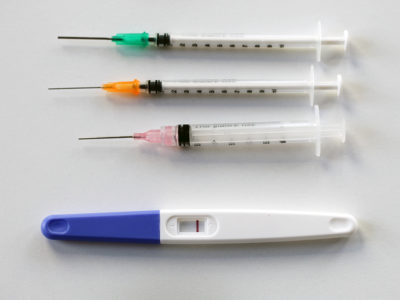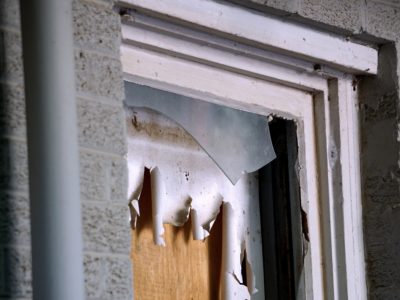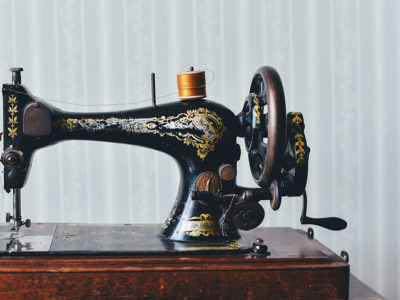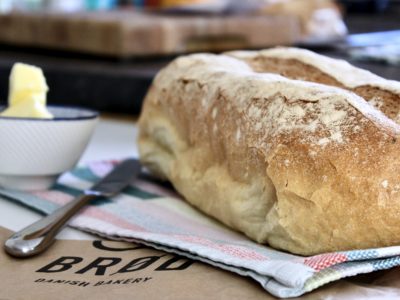Useful tips to help you save food every day
Labels

Best before: This refers to quality – the food should be safe to eat after this date.

Use by: Chuck it – this refers to the food’s safety and is inedible after the date written.

Display or Sell by: Ignore this – it is for the retailer not the consumer.
Packing Order
The way you store your food in the fridge can drastically decrease its perishability.

1. Fruit and vegetables go in the drawers at the bottom.
2. Meat and fish go in the coldest part of the fridge, above the vegetable drawers.
3. Cooked meats go above raw, along with dairy products like cheese and milk.
4. Pastries, eggs and the rest go in the top.
Exceptions
Onions, potatoes and bananas should not be in the fridge, but somewhere cool and dark.
With the new shocking statistics of food waste, it is no wonder we are being encouraged to save our dinners.
A rotting mountain two-thirds the size of the Millennium Stadium. A plot of land the size of Wales filled with wasted food. 10,587 double decker buses. We are all used to media hyperbole, but these images are truly shocking when we consider that they represent the amount of food we waste every year in Wales.
New research figures have shown that, even with huge government efforts to encourage recycling, our combined mass of food waste is still in need of a serious weight-loss plan. Though food waste has been steadily declining in the past few years, it is clear that there is still a serious problem.
Governmentally funded independent research group WRAP (Waste and Resources Action Programme) recently found that the average British family wastes £60 a month on food, 40% of which never even sees the plate, which amounts to about four full meals a week.
In Wales alone, we send around 227,000 tonnes of food to landfill sites every year and, with only seven years of landfill space remaining, this could be more of a problem than previously thought.
Why are we wasting?
Cardiff-based food awareness campaign Love Food Hate Waste Wales says that there are many reasons that people needlessly discard food.
The two main reasons, however, are misunderstanding date labels on packaged food – most people don’t realise that sell by, use by and best before dates all mean different things – and portion control, as large meals mean large leftovers which often go straight in the bin. Also, they say, people may not understand the best places to store certain food items, which can increase its shelf life and meal planning.

The most common foods thrown away in the UK are bread and cheese
A spokesperson from Love Food Hate Wales says, “Research from WRAP and industry experts have also shown us how packaging is important in reducing food waste. Essentially, the packaging of certain foods is there to help keep the food fresher for longer. So a lack of understanding of how important packaging is has also led to food going off.”
Watch your waste-line
Money matters, and in times of financial belt tightening everyone will agree that we cannot afford to be needlessly wasting money on food. Consider that together we spend £600 million a year on food. This means about £420 per household per year goes straight in the bin. It makes you think about all that time you carefully spend turning off lights and wearing an extra layer to save pennies on heating bills.
Cardiff Labour councillor, Ashley Govier, agrees, saying, “In such a difficult financial climate, it makes sense for families to make their weekly food shop last as long as possible.”
The Cardiff councillor for environment also presses that it is not only families that suffer from the explosive amount of food waste. The environment is also at risk from powerfully toxic greenhouse gasses given off from rotting food on landfill sites.

Superstore Tesco recently joined the fight against food waste by reducing its multi-buy items in an attempt to stop families over-purchasing perishable goods
Fighting the good fight
In terms of fighting against waste, we all need to muck in and stop chucking out. As the council presses, “We really need everyone to play their part.” However, we will not be left to perish under piles of putrid peelings: there are campaigners around Cardiff willing to guide and encourage along the way.

The app provides a virtual store cupboard to help with portion control
The Love Food Hate Waste team are very active around the city – you may have seen their demo road show last month, advising people how to make the most of their food and what to do with leftovers. For the more tech savvy generation, there is even a free Love Food Hate Waste app, which helps with the stressful tasks of planning meals, portion control and recipes.
Even correctly recycling the food that does go in the bin has more of an effect than you may think. The Welsh government is currently using recycled food waste to generate electricity that gets fed back into the national grid.
Ashley Govier presses, “It is a key priority of this administration to pioneer innovative solutions to the waste and recycling challenges we all face so the more food waste the public provides, the more successful these solutions will be able to operate and the better our recycling rates will be.”
With a heightened awareness of our wasting, there is still hope for those of us in fear of being crushed by the weight of our own leftovers. Food waste figures are already dropping thanks to improved recycling habits, there is still a long way to go.
Check out chef Richard Fox‘s helpful tips at the Love Food Hate Waste roadshow this September:
[youtube]http://www.youtube.com/watch?v=SRXOOIzQ_2o[/youtube]
Useful tips to help you save food every day
Labels

Best before: This refers to quality – the food should be safe to eat after this date.

Use by: Chuck it – this refers to the food’s safety and is inedible after the date written.

Display or Sell by: Ignore this – it is for the retailer not the consumer.
Packing Order
The way you store your food in the fridge can drastically decrease its perishability.

1. Fruit and vegetables go in the drawers at the bottom.
2. Meat and fish go in the coldest part of the fridge, above the vegetable drawers.
3. Cooked meats go above raw, along with dairy products like cheese and milk.
4. Pastries, eggs and the rest go in the top.
Exceptions
Onions, potatoes and bananas should not be in the fridge, but somewhere cool and dark.




